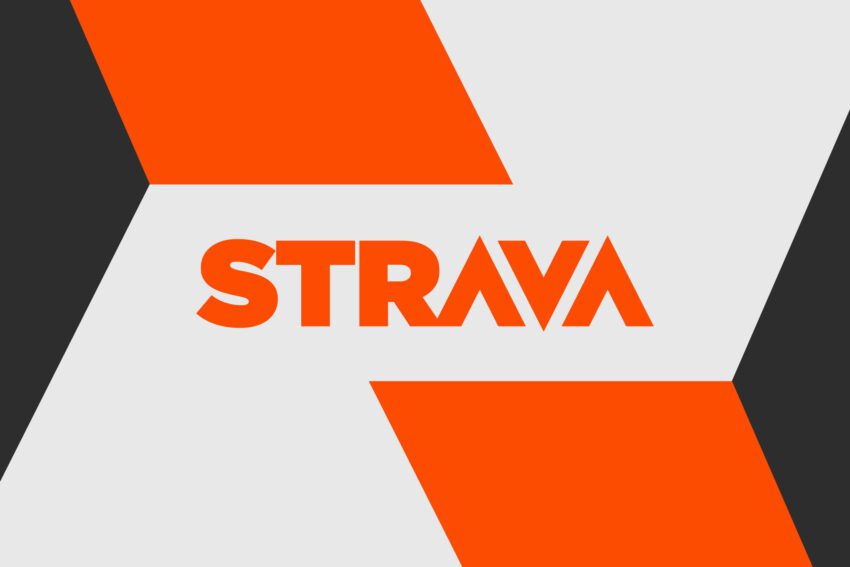
strava sues garmin over alleged patent infringement Strava has initiated legal action against Garmin, seeking to halt the sale of a significant portion of Garmin’s fitness and cycling products due to alleged patent infringement.
strava sues garmin over alleged patent infringement
Background of the Lawsuit
On September 30, 2023, Strava filed a lawsuit in the US District Court of Colorado against Garmin, a company with which it has had a long-standing partnership. The lawsuit, first reported by DC Rainmaker, claims that Garmin has violated an agreement between the two companies by infringing on Strava’s patents related to segments and heatmaps. Segments are defined as specific sections of routes where athletes can compare their performance times, while heatmaps display popular areas for physical activity.
Strava is seeking a permanent injunction to prevent Garmin from selling or offering any products that include segments or heat mapping features. The company argues that “monetary relief alone is inadequate,” indicating that they believe the infringement is severe enough to warrant a complete halt to Garmin’s use of these features. The lawsuit specifically targets Garmin’s Connect fitness tracking platform and a wide range of Garmin devices, including the Edge bike computers and the Forerunner, Fenix, and Epix watches.
Significance of the Partnership
The lawsuit is particularly surprising given the close relationship between Strava and Garmin. Both companies are recognized leaders in the fitness technology sector and have collaborated extensively over the years. Their platforms have numerous integrations that allow users to sync data seamlessly, enhancing the overall user experience. A trend report published by Strava last year revealed that Garmin’s Forerunner 235, which has been on the market for over a decade, was the most popular smartwatch among Strava’s global user base.
Details of the Patent Claims
Strava’s patent for the segments feature was filed in 2011 and granted in 2015. This patent describes a system that enables athletes to compare their performances on user-defined routes. Interestingly, Garmin launched its Edge 1000 cycle computer in 2014, which included its own segments system through Garmin Connect. Following this, in 2015, Garmin signed a Master Cooperation Agreement (MCA) with Strava to integrate Strava Live Segments into Garmin devices.
In its complaint, Strava alleges that Garmin has violated the terms of the MCA by expanding Garmin-branded segments beyond the scope of the Strava-built experience. Furthermore, Strava claims that Garmin has utilized its patented segment technology to create a competing system within the Garmin Connect platform and its hardware ecosystem.
Heatmap and Routing Features
In addition to the segments feature, Strava asserts that Garmin has infringed on two additional patents related to heat mapping and route suggestion features. The first patent, which focuses on activity heatmaps, was filed in 2014 and granted in 2016. The second patent, covering popularity-based routing features, was filed in 2016 and granted in 2017. However, it is noteworthy that Garmin first introduced heatmaps to its Garmin Connect platform in 2013, prior to Strava’s patent filings.
Strava’s Position
Strava spokesperson Brian Bell provided a statement to The Verge, outlining the company’s position on the lawsuit. “Garmin received limited permission from Strava to implement Strava Segments on their devices; however, they leveraged this access to carefully study those features, painstakingly copy them, and then release them as Garmin features,” Bell stated. He emphasized that Strava had made multiple attempts to resolve the issue informally but was ultimately compelled to file a lawsuit to protect its patented inventions.
Bell also noted that Strava does not intend to disrupt the ability of Garmin users to sync their data with Strava. “We hope Garmin values our shared users in the same way,” he added, indicating a desire for continued collaboration despite the legal dispute.
Garmin’s Response
As of the latest updates, Garmin has not provided an immediate response to the lawsuit. The lack of comment from Garmin raises questions about how the company plans to address the allegations and what steps it may take in the coming weeks. Given the nature of the claims, Garmin may need to conduct a thorough review of its products and features to assess the validity of Strava’s allegations.
Implications for the Fitness Tech Industry
This lawsuit has broader implications for the fitness technology landscape. Strava and Garmin are two of the most recognized brands in this sector, and their partnership has been instrumental in shaping the way users engage with fitness tracking and performance analytics. The outcome of this lawsuit could set a precedent for how companies in the fitness tech space navigate intellectual property rights and partnerships.
If Strava is successful in its lawsuit, Garmin may be forced to make significant changes to its product offerings, particularly those that involve segments and heat mapping features. This could lead to a re-evaluation of how companies collaborate and share technology in the fitness industry, potentially stifling innovation or prompting more stringent agreements between partners.
Stakeholder Reactions
The fitness tech community has been closely monitoring the developments surrounding this lawsuit. Users of both Strava and Garmin products have expressed concern about how this legal battle may affect their experience. Many rely on the integration between the two platforms for tracking their activities and sharing data. The potential disruption could lead to frustration among users who value the seamless functionality that has been established over the years.
Industry analysts are also weighing in on the situation, noting that while patent infringement cases are not uncommon in the tech world, the relationship between Strava and Garmin makes this case particularly noteworthy. Analysts suggest that the outcome could influence future collaborations between tech companies, especially in niche markets like fitness technology.
Conclusion
As the legal proceedings unfold, both Strava and Garmin will likely face increased scrutiny from users, industry experts, and competitors alike. The lawsuit highlights the complexities of intellectual property rights in a rapidly evolving technological landscape, where innovation and collaboration often intersect. The coming months will be crucial in determining the future of this partnership and the broader implications for the fitness tech industry.
Source: Original report
Was this helpful?
Last Modified: October 3, 2025 at 1:39 am
1 views















